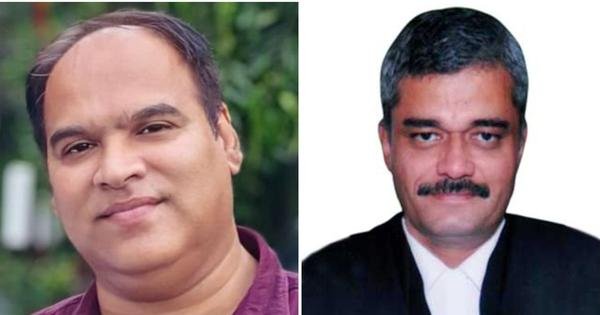Cartoonist’s Arrest: A Blow to Free Speech in India
On July 3, Justice Subodh Abhyankar of the Madhya Pradesh High Court denied bail to Hemant Malviya, a political cartoonist from Indore. The court ordered his arrest. Malviya’s crime? He drew a cartoon about Narendra Modi and the Rashtriya Swayamsevak Sangh (RSS). The judge said the cartoon “overstepped the threshold of freedom of speech and expression.”
The Cartoon in Question
Malviya published his cartoon on January 6, 2021. It showed Modi as a doctor giving an injection to a man in an RSS-like uniform. The caption joked about the vaccine being just water. This was a reference to a statement by Adar Poonawalla of the Serum Institute.
Another Facebook user changed the caption. The new caption had the man in the RSS uniform addressing Modi as Lord Shiva. He asked for a strong dose of the caste census. Malviya shared this new version on May 1. He said anyone could use his cartoons.
Legal Trouble for a Joke
On May 21, an RSS activist filed a complaint against Malviya. The police booked him under several sections of the Bhartiya Nyaya Sanhita and the Information Technology Act. These sections deal with:
- Promoting enmity between social groups
- Hurting religious feelings
- Insulting someone to provoke a breach of public peace
- Spreading false information at a place of worship
- Publishing sexually explicit material online
Court’s Decision
The Indore district court rejected Malviya’s bail plea. He then went to the Madhya Pradesh High Court. Malviya argued that he didn’t write the offensive caption. However, the judge noted that the cartoon showed the RSS and Modi in a negative light. The court saw Malviya’s sharing of the cartoon as an endorsement of the offensive caption.
The court’s order was unusual. It essentially held Malviya guilty of the offenses he was accused of. The court also said that custodial interrogation was necessary. As of July 9, Malviya had not been arrested.
Impact on Free Speech
Political cartoonists in India have faced censorship pressures. However, a High Court ordering the arrest of a cartoonist is a new low. Cartoonists Satish Acharya and Manjul expressed concern about this precedent. They said it could be misused against not just cartoonists, but also satirists, comedians, and journalists.
Manjul questioned the need for custodial interrogation. He also noted the change in the judiciary’s role in the past decade. In 2015, the Bombay High Court defended a cartoonist’s right to free speech. However, in Malviya’s case, the court echoed the state’s stance and asked for custodial interrogation.
Climate of Fear
Both Acharya and Manjul highlighted a climate of fear after the Bharatiya Janata Party came to power in 2014. This has led to increasing censorship and self-censorship among artists. Acharya said that censorship had been occurring at several levels. This includes not just publications, but also social media and society.
Manjul likened the present situation to “an undeclared emergency.” He pointed out that even during the Vajpayee years, cartoonists had the freedom to draw cartoons of political leaders without any pressure.



